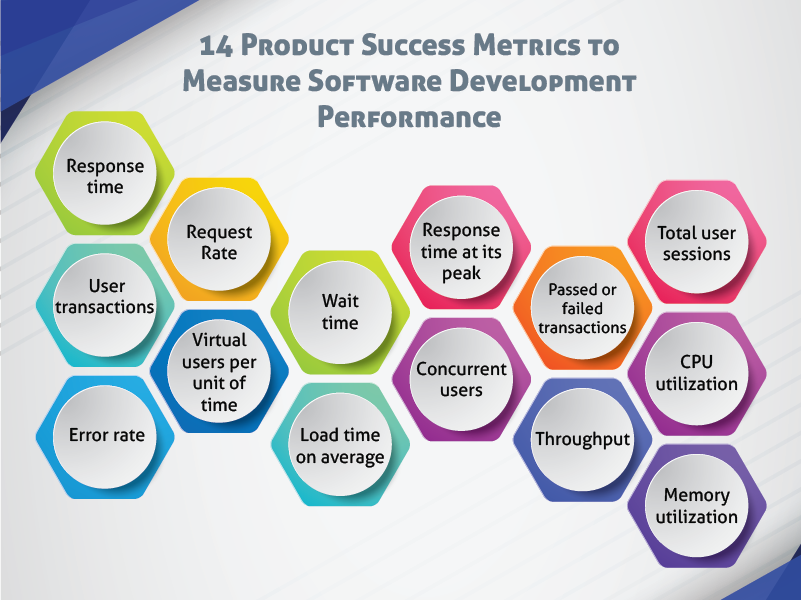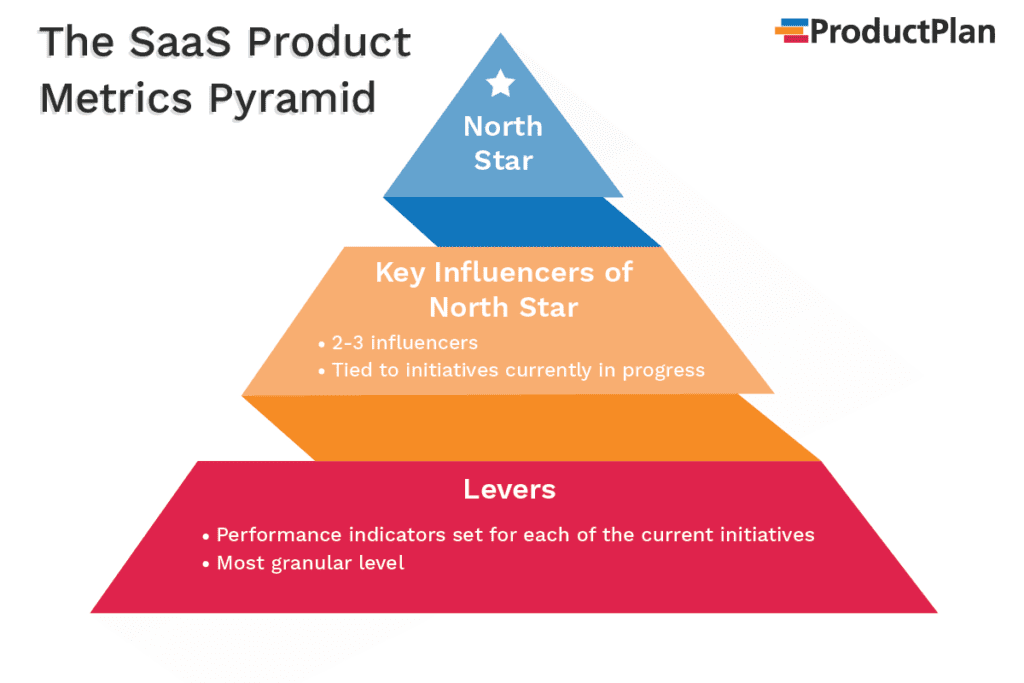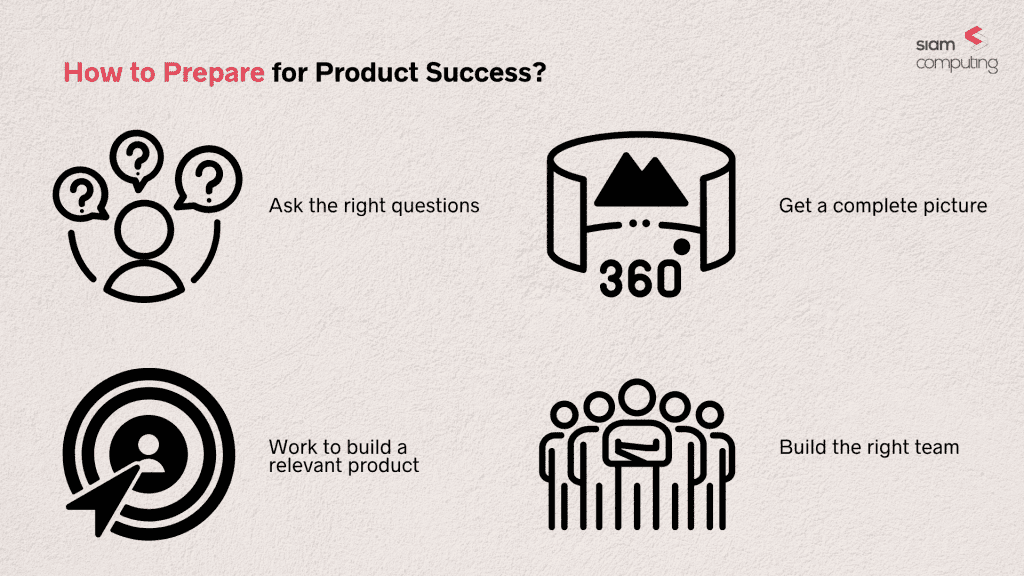A Product's Success Is Measured By

Imagine a small, sun-drenched workshop. The scent of freshly cut wood mingles with the metallic tang of tools. A craftsman, his brow furrowed in concentration, carefully examines a newly finished wooden toy. But how does he truly know if his creation is a success?
This seemingly simple question – how we measure the success of a product – is actually quite complex. It goes beyond simple sales figures and delves into a multifaceted evaluation encompassing customer satisfaction, market impact, and long-term sustainability. Understanding these measurements is crucial for businesses striving for genuine, lasting success.
The Evolving Definition of Success
Historically, a product's triumph was almost exclusively judged by its profitability. High sales volume and significant revenue generation were the ultimate validation. However, the modern business landscape demands a more nuanced perspective.
Consumer expectations have evolved dramatically. People are no longer simply buying a product; they're investing in an experience, a solution, and a brand. This shift necessitates a broader understanding of what constitutes success.
Beyond the Bottom Line: Customer Satisfaction
Customer satisfaction is arguably the cornerstone of lasting success. A happy customer is more likely to become a loyal advocate, recommending the product and brand to others.
Metrics such as Net Promoter Score (NPS), which measures customer loyalty, and Customer Satisfaction Score (CSAT), which gauges immediate customer satisfaction, are now integral to product evaluation. According to a 2023 report by Qualtrics, companies with higher CSAT scores consistently outperform their competitors in terms of revenue growth.
Market Impact and Brand Reputation
A successful product doesn't exist in a vacuum; it makes a ripple effect across the market. This impact can manifest in various ways, including increased brand awareness, positive media coverage, and even influencing industry trends.
Social media sentiment analysis, which gauges public opinion about a product or brand online, is becoming increasingly valuable. Brand reputation, carefully cultivated and maintained, is a critical asset.
Long-Term Sustainability and Ethical Considerations
Increasingly, consumers are factoring in a company's commitment to sustainability and ethical practices when making purchasing decisions. A product's environmental footprint, its contribution to social good, and its adherence to ethical labor standards are all under scrutiny.
For example, Patagonia, the outdoor clothing company, has built a strong brand reputation by prioritizing environmental responsibility and transparency. Their success demonstrates that profitability and purpose can, and should, coexist.
The Interconnectedness of Metrics
It's important to recognize that these metrics are not isolated entities. They are interconnected and mutually reinforcing. High customer satisfaction can lead to increased brand loyalty, which in turn can drive sales and revenue growth.
Similarly, a commitment to sustainability can enhance brand reputation, attracting environmentally conscious consumers and increasing market share. A holistic approach to measurement is therefore essential.
“The key is not to prioritize what's on your schedule, but to schedule your priorities.” – Stephen Coveysays it all when we consider the importance of setting benchmarks that truly matter.
A Continual Cycle of Improvement
Measuring product success is not a one-time exercise; it’s an ongoing process. The data gathered should be used to inform future product development, marketing strategies, and customer service initiatives.
By continuously monitoring performance, analyzing trends, and adapting to evolving market conditions, companies can ensure that their products remain relevant, competitive, and ultimately, successful. This iterative approach allows for continuous improvement and refinement.
The craftsman in his workshop, carefully examining his wooden toy, isn't just looking at the finished product. He's considering the joy it will bring to a child, the memories it will create, and the impact it will have on the world. That, in essence, is the true measure of success.
















.png)
